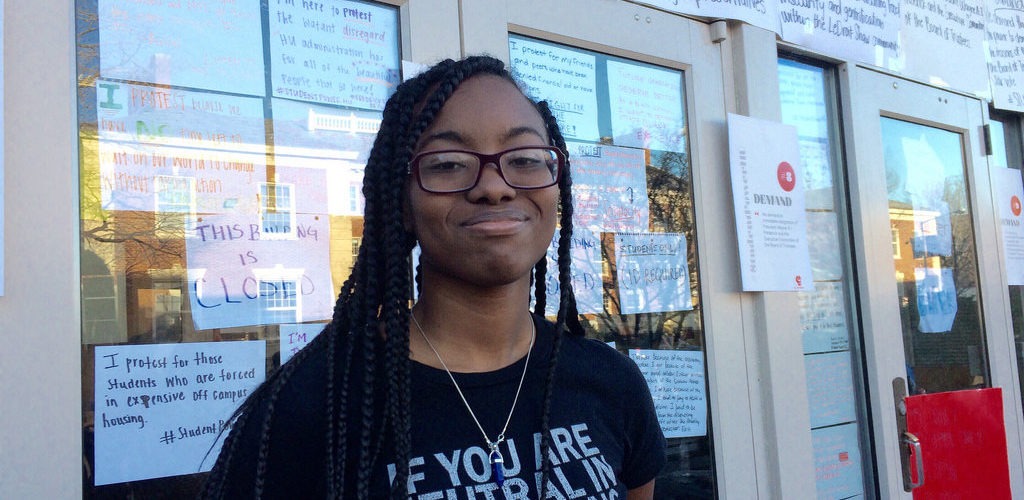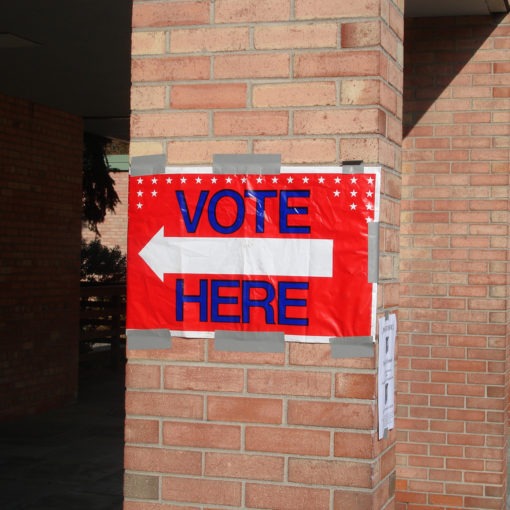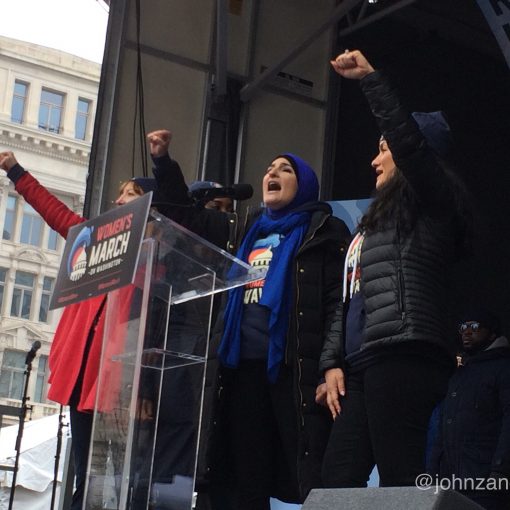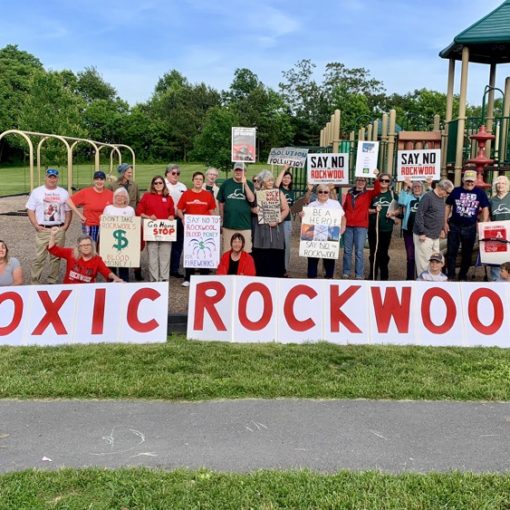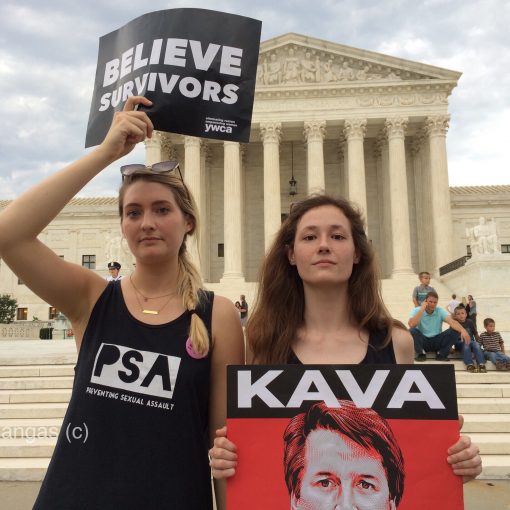Washington, DC–Hundreds of Howard University students fed up with administration housing and campus policing policies have taken over and shut down the Mordecai Wyatt Johnson Administration Building near the main square of the historic black university. They say that demands for a change in leadership, affordable housing and oversight of campus police must be met before they will relinquish control of the facility. The occupation is in its sixth day.
Dozens of students are blocking the main lobby doors and admitting only Howard University students with an I.D. Streams of community supporters dropped by to donate water, food, bedding and toiletries. Students occupied all four floors of the building. Several security officers were stationed part of the way down 6th Street and were in communication with higher-ups by radio.
The glass doors were covered with neatly ordered signs, several of which read, “This Building Is Closed” and “Students Only (ID Required).” Other signs posted bore short testimonials of difficulties students were having with administration over housing, medical co-pays and applications for student aid, some of which have remained unresolved for several years. The students renamed the administration building “Kwame Ture Student Center” with a large poster board.
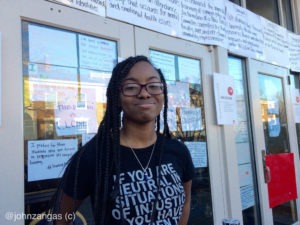
Students are free to come and go from the building, attend classes and take care of personal matters. “Everyone in the building is committed to seeing this through,” said Maya McCollum, a press liaison for the students.
The student occupation comes on the heels of a bombshell revelation that over a million dollars in student aid funding had been embezzled by members of the administration staff. The University reported that those involved had been fired.
At a minimum, University President Wayne Frederick would have to resign in order for students to cede control of the building back to a new administration, according to McCollum. Dr. Frederick is an alumnus who previously worked as a surgeon at Howard University Hospital. The HU Board of Trustees voted in July 2017 to extend his contract for five more years until 2024. With a salary of nearly a million dollars in 2014, Frederick was ranked 45 of 510 of most highly paid presidents of private colleges
Student concerns and grievances have gone unattended or ignored by university administrators, despite students requesting action be taken on them over the last year, McCollum said. One of the main issues students are focused on is access to affordable university housing.
Howard sold three of its dormitories to private developers, forcing students to contend with the high costs and shortage of local housing, according to a press release from the students. The sale of the dormitories severely limited student access to affordable housing and has caused significant financial hardship for many students, according to McCollum. And, she said, it has contributed to gentrification of the neighborhood.
“We can see our own university contributing to that when they sold off our dorms to be renovated into high quality lofts that the students and local community can’t afford,” she said. “That plays some part in the lack of housing.”
There are five major condominium projects underway near the campus in the vicinity of Sherman Street, which is near the edge of the campus. Over the last five years, there has been a surge in condominium development all over DC as foreign investors have poured billions into real estate development, impacting the local economy. This has in turn has driven up rents and curtailed affordable housing, especially for students of limited means.
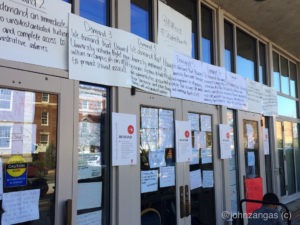
Other demands include disarming campus police and initiating a student oversight board in matters related to campus policing. McCollum said that students felt unsafe with armed police on campus and had experienced unprofessional treatment in several circumstances. In light of recent high-profile national incidents involving police slayings of people of color, students were demanding an oversight board staffed by students.
Students say they are not using the occupation to get out of classwork. A tweet by the HU Resist group showed a sign inside the administration building indicating tutors were available to help students with their class studies.
Faculty have expressed their support for the students. A letter signed by 26 professors from ten HU departments castigated the administration over its handling of student concerns. “You raise important points about administrative and managerial matters that have not been adequately addressed,” the letter said. “You should be aware that we and many other faculty members share many of your concerns.”
Howard University is located in Washington, DC near Georgia Avenue, about a ten-minute drive from the U.S. Capitol. It had an enrollment of over 10,000 students in 2014, 6,000 of whom are undergraduates. Tuition, room, board and other fees cost $44,000 per year. It is the only historic black university ranked in the top 75 colleges.

